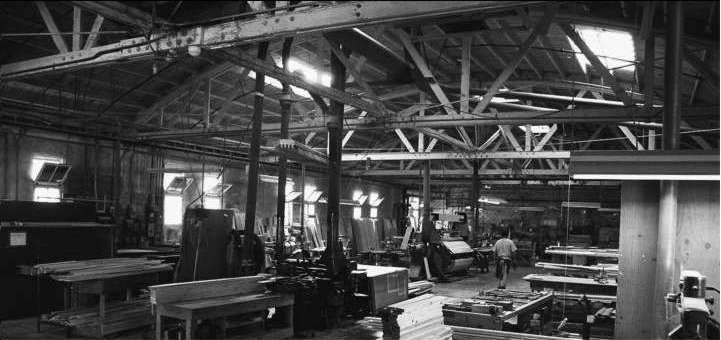The cost of a funeral is one of the biggest bills you’ll ever pay with your money, but it’s a cost many of us — maybe all of us — don’t want to talk about.
For example, I list a discount seller of caskets on the Best Buys guide that I hand out at Home Shows, and when consumers glance at the list and see “caskets” they usually chuckle or say something like “I don’t need this!”
Well, we do need this — all of us. Try as we will, none of us will ever escape the cost of a funeral of some sort or another. So, read on.
Insiders in the funeral industry remind us that the biggest purchase we’ll make will probably be a house; the next biggest purchase is a car; and next might be a wedding or a funeral. Joey Conzevoy of ABC Caskets in Los Angeles says funeral costs and wedding costs are about even these days. You could easily spend $10,000 to $20,000 on either.
You can get more information including advice from ABC Caskets at (323) 268-1783.
About five years ago, there was one dramatic change in the funeral industry. The Federal Trade Commission issued a rule that blocked funeral homes from charging consumers a fee when they brought in a casket from an outside vendor. That opened the door to casket competition.
Check out the rules about funerals on the Federal Trade Commission’s website at www.ftc.gov and then click on consumer information for services.
Today, there are retail casket stores that sell to the public, even Internet casket sellers.
Competition has indeed driven down prices. Conzevoy estimates that in the past five years, casket prices for consumers have been dropping at a steady pace despite inflation. He says that lower casket prices have also prompted some funeral homes to raise prices on other products and services in order that they can maintain their profit margins.
…
Conzevoy says consumers must be on their guard when the buy funeral services and products.
“Make sure you bring someone with you who is not emotionally distraught,” he told me. “You want to find someone who has a clear mind to show with you. Because what happens is you come in and if you’re upset, and someone’s ready to sell you something and you’re not ready to think clearly, you’re at their mercy.”
Pride becomes a big issue and a big problem for consumers when they shop for a casket and other services. They don’t want to appear cheap; they let love and perhaps guilt get in the way of making clear decisions.
Beware of sellers who do not reveal to you all of your choices including lower priced choices. Some “tricks” in the industry include not displaying lower priced caskets, and showing lower priced caskets only in unappealing colors when the lower priced caskets can also be available in attractive colors.
“I’ve seen cheap caskets only in green when other colors are available,” Conzevoy told me.
He also suggests that you price a funeral from at least two different sources. In other words, comparison shop.
Think about that for a moment: comparison shopping for a funeral. When it comes to buying a car or a house or a big screen TV you are likely to comparison shop. But chances are there is no comparison shopping when it comes to buying a funeral. And the industry knows this; you are vulnerable to overpaying.
What about pre-need funeral purchases or buying years before a death? Conzevoy says don’t do it.
“Somewhere between $20 billion and $40 billion has gone to pre-need purchases of funerals,” he told me, “and here at ABC Caskets we don’t push that.”
What’s the problem with pre-need plans?
His advice is not to pre-pay for a funeral, even if the pre-pay plan puts a limit on your costs. His advice is to invest the money so you’ll be able to pay your bills later and with the investment perhaps you’ll have some extra income along the way POSTED 1/23/03

